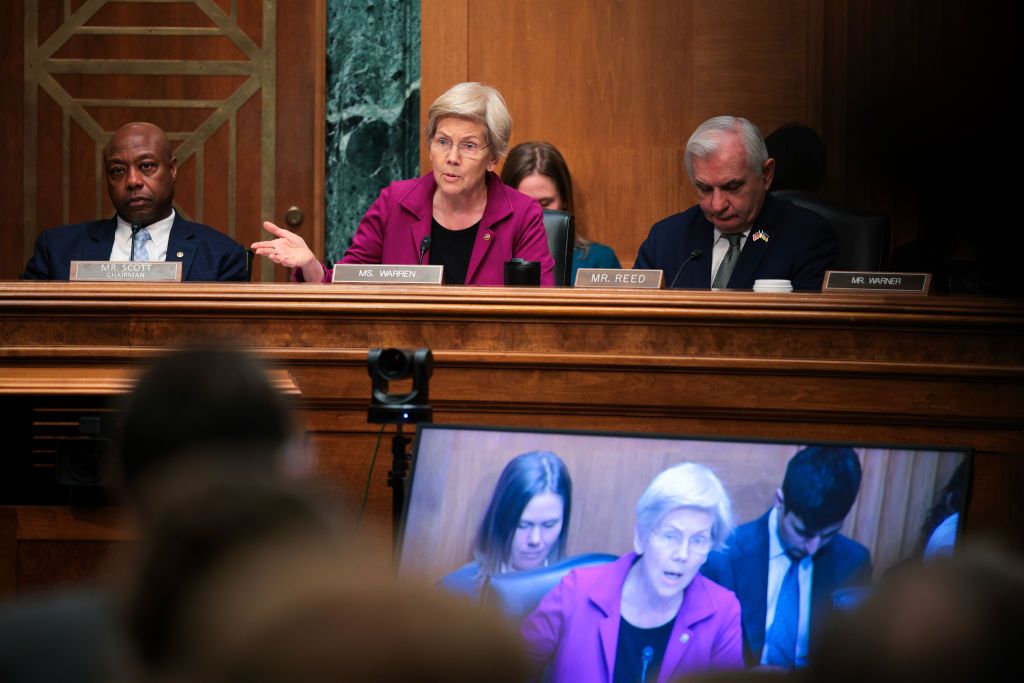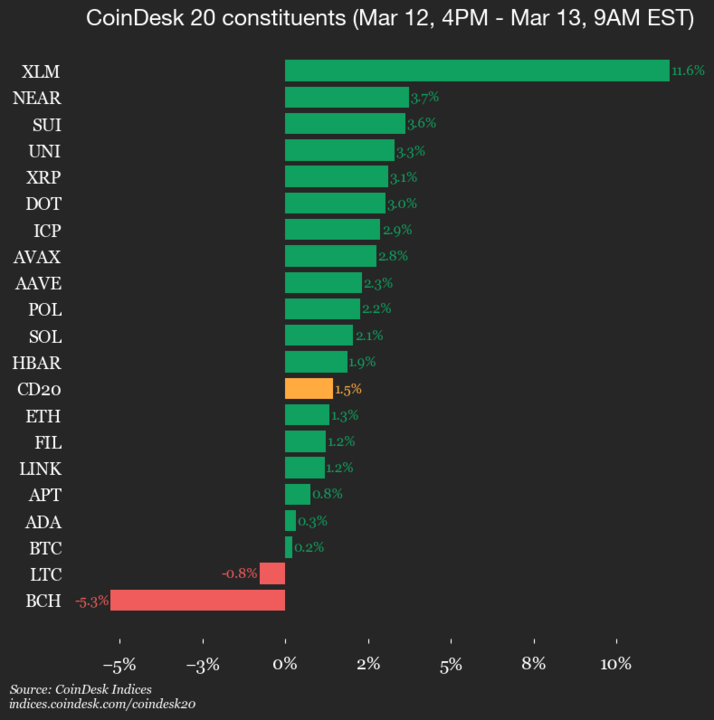Imagining a Dystopian Financial Future
Imagine a scenario where every dollar you spend is monitored, evaluated, and potentially rejected by a government authority in real time. You try to send money to a friend for a political donation, but your transaction is halted because your friend is listed on a government “watch list.” You purchase a book that criticizes a prominent politician, and suddenly, your account is flagged for further scrutiny. This chilling vision may sound far-fetched, but it represents a possible outcome of a fully government-controlled monetary system that some U.S. policymakers are advocating for.
Proponents of such a system argue that it would help prevent crime, yet the reality is that it would undermine fundamental freedoms surrounding financial privacy and autonomy. Stablecoins emerge as a vital alternative to this potential dystopia. They represent not only a significant financial innovation but also a safeguard against the rise of financial authoritarianism. As the Senate Banking Committee considers legislation to clarify the regulatory landscape for this industry, it is imperative that Congress supports the advancement of stablecoin technology.
The Benefits of Stablecoins
Stablecoins are digital currencies pegged to traditional currencies like the U.S. dollar, offering the advantages of cryptocurrencies—such as speed, low transaction costs, and borderless capabilities—without the volatility associated with assets like Bitcoin. Typically backed at a 1:1 ratio with U.S. dollar cash and cash equivalents, stablecoins offer stability and foster trust among users. Their programmability enables automated transactions when specific conditions are met, unlocking tremendous potential for advancements in automated finance, supply chain management, and global commerce.
A Bipartisan Understanding of Innovation
Senators from both sides of the political aisle recognize the current applications of stablecoins as well as their future possibilities. They have proposed thoughtful legislation aimed at fostering innovation while ensuring consumer protection. This collaborative approach highlights the potential of stablecoins to revolutionize global finance, enhance financial inclusion, and maintain the dominance of the U.S. dollar in the digital age.
The Opposition: Misguided Perspectives
Despite this progress, some senators, particularly Senator Elizabeth Warren (D-MA), stand firmly against the advancement of stablecoins. Rather than embracing innovation, she promotes legislation that could stifle this burgeoning technology in its infancy. Senator Warren characterizes stablecoins as tools for criminal activities, asserting that they primarily facilitate fraud, drug trafficking, and terrorist financing. However, her portrayal is not only inaccurate; it is dangerously misleading.
Data from blockchain analytics firms consistently demonstrate that illicit activities constitute a minuscule portion of stablecoin transactions—often less than 1% of total activity. In fact, traditional cash is far more frequently used for money laundering and illegal trade than stablecoins. The transparent and permanent nature of blockchain technology actually makes it easier to track and prosecute illegal activities compared to cash-based transactions.
The Risks of a Closed Financial System
Senator Warren’s viewpoint advocates for a closed, government-monitored financial system where every transaction is scrutinized, private financial activities are rendered impossible, and access to financial tools is tightly regulated. This approach is not only a moral invasion of privacy; it is also an impractical solution.
Such constraints could weaken the global dominance of the U.S. dollar, prompting emerging economies and developing nations to adopt alternative digital currencies that are more user-friendly. The unintended consequences of her regulations could hinder the development of a vital technology while also harming ordinary Americans and businesses, as well as people worldwide who rely on stablecoins for seamless value transfer—akin to sending an email or text message—often at a fraction of traditional costs.
Consider the following benefits of stablecoins:
– Major American companies like Visa and PayPal are already leveraging stablecoins to settle cross-border payments, significantly reducing settlement times from days to mere minutes while lowering costs.
– By making dollars the default currency of the digital economy, stablecoins reinforce the dollar’s status as the global reserve currency.
– Increased global demand for dollar-pegged stablecoins boosts the demand for U.S. dollars and treasury securities, ultimately helping to finance government borrowing at lower rates.
– For citizens in countries facing high inflation or capital controls, stablecoins offer a reliable, dollar-denominated savings option, safeguarding their wealth from economic mismanagement.
– Migrant workers can send money home more quickly, affordably, and reliably using stablecoins compared to traditional remittance services, which often impose exorbitant fees.
A Balanced Regulatory Approach
Fortunately, there is still hope for a balanced regulatory approach. Senators Bill Hagerty (R-TN), Kirsten Gillibrand (D-NY), Cynthia Lummis (R-WY), and Tim Scott (R-SC) have introduced the bipartisan GENIUS Act, which aims to create a constructive regulatory framework for stablecoins that addresses legitimate concerns while promoting innovation. This legislation, alongside the White House Executive Order on Strengthening American Leadership in Digital Financial Technology, ensures that the benefits of blockchain technology can be fully realized on open, transparent public blockchains.
In conclusion, Congress must embrace stablecoins rather than fear them. The future of money is being shaped today. Will the United States take the lead in this transformation, ensuring that digital dollars remain the global standard? Or will misinformation and restrictive regulations cede the future of finance to other nations? The choice is evident: support innovation, implement smart regulations, and allow stablecoins to thrive.



